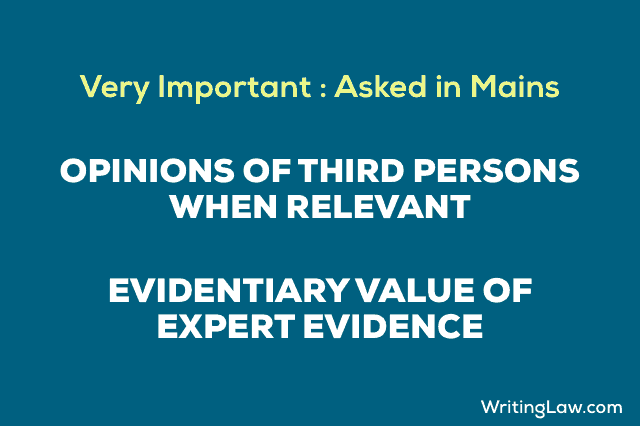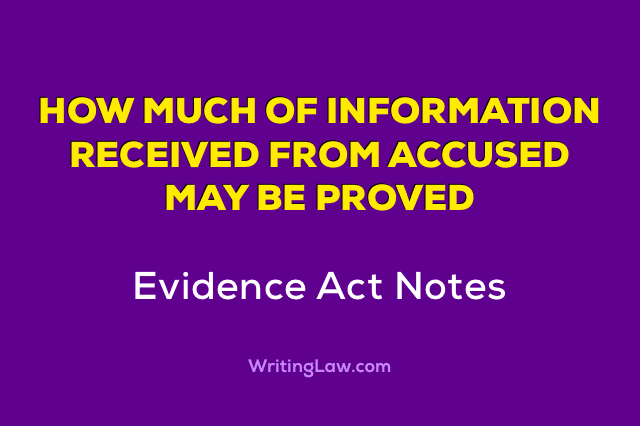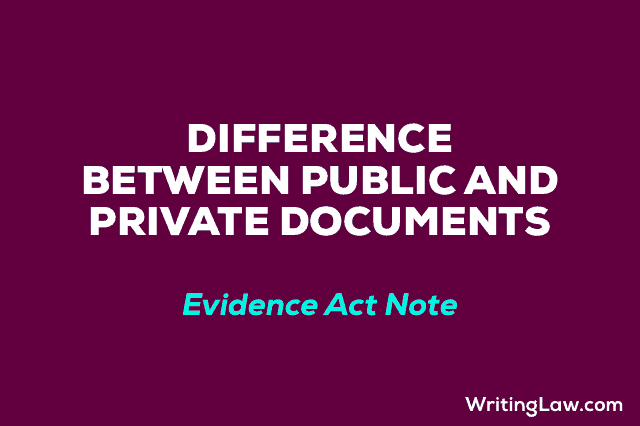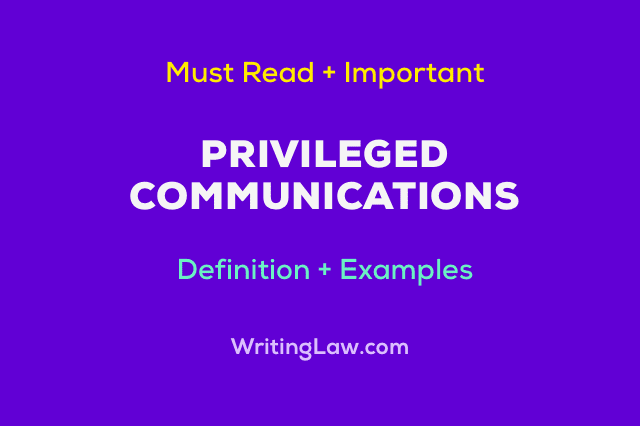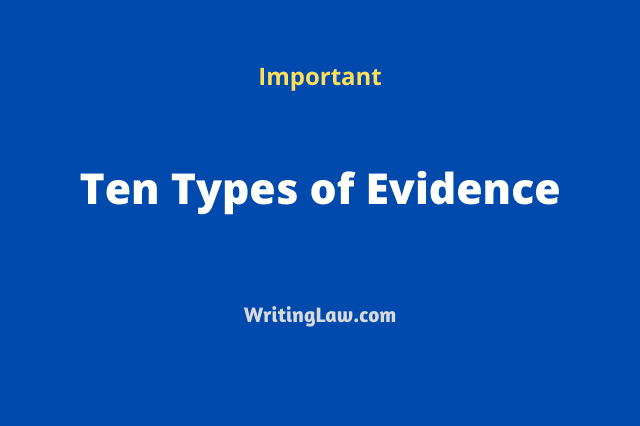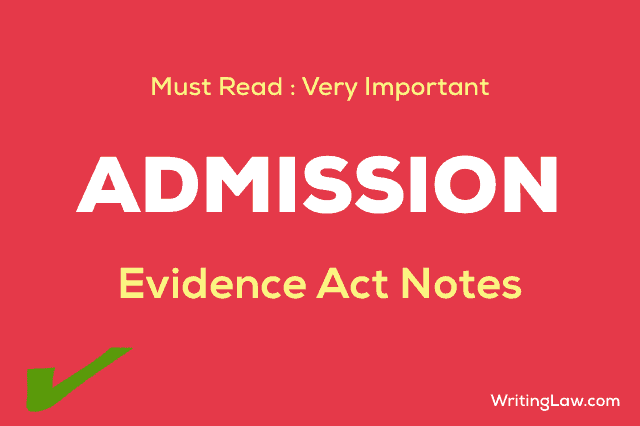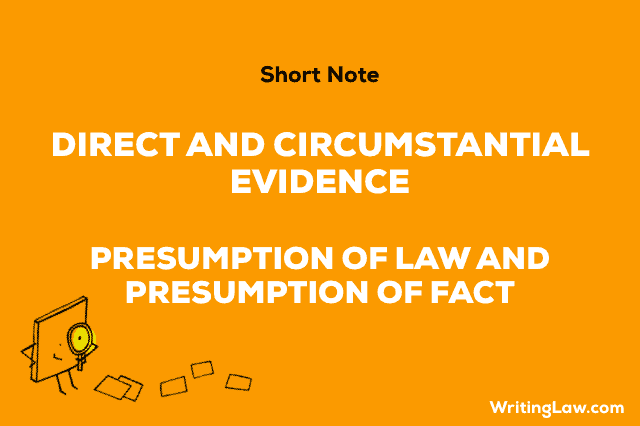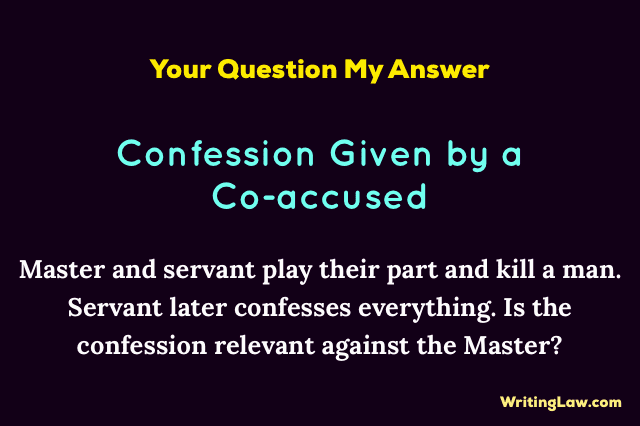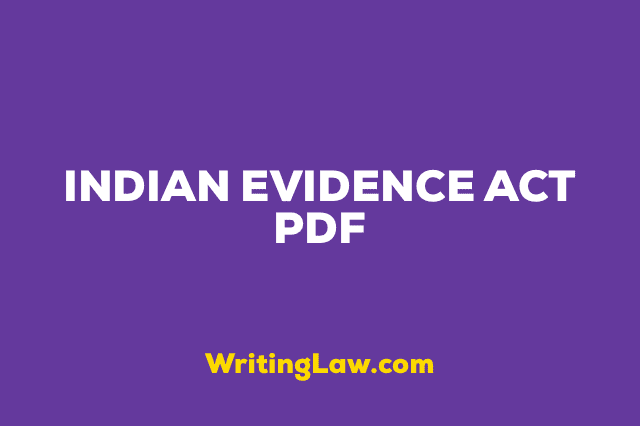Opinion of Third Person When Relevant – Evidence Act Notes
When court will take help of expert opinion? (section 45)
When the court has to form an opinion on the point of-
1. Foreign Law
2. Science
3. Art
4. Identity of Handwriting
5. Finger ImpressionsKEEP READING
